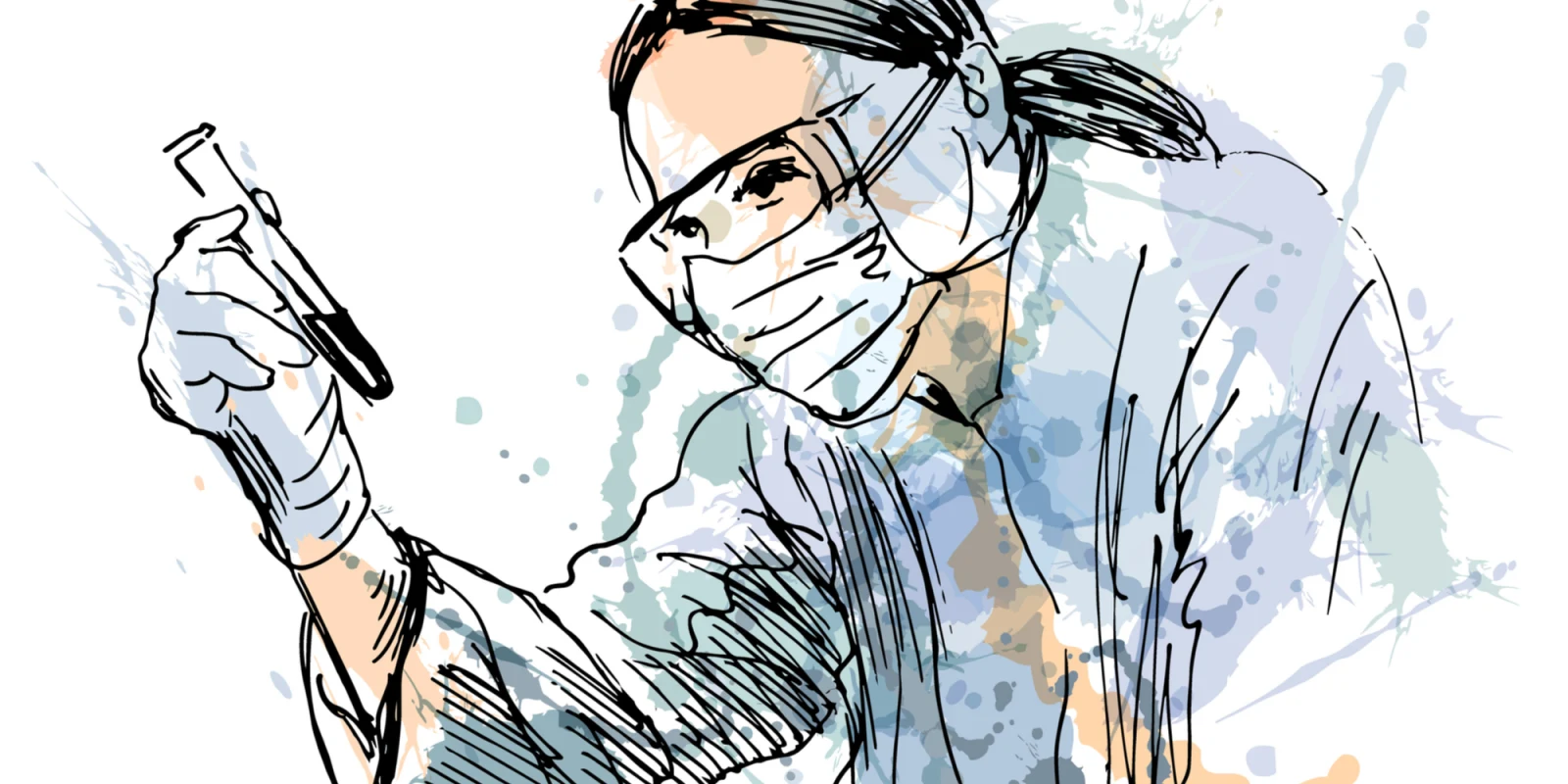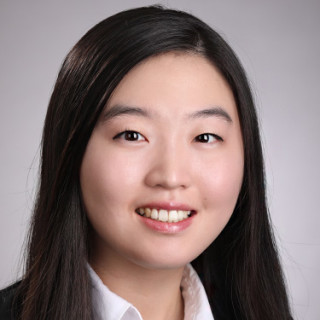
During my junior year in high school, I sent out forty cold-emails to laboratories across the country asking for research opportunities. I wrote in my email, rather naively, that my goal was to help discover cures and diagnostic tools for diseases. I received a single positive response from a physician-scientist at the University of Washington School of Medicine, only 20 minutes away from where I lived. This was a moment of serendipity that altered the course of my life.
In the following summer, I set up experiments under the aegis of the physician-scientist and a postdoctoral fellow. There were many concepts and ideas that I did not yet understand. However, to an impressionable teen, it was heady stuff—teasing out information about our reality through experiments, collaborating with colleagues across the world, and most importantly, reaching out for the possibility of improving human health.
Under their mentorship, I co-authored a publication in Nature about a new tool to capture the 3D conformation of yeast DNA. Later in college, I joined a cancer genetics lab for my work-study program, and I worked for a stint at the National Institutes of Health before heading to medical school.
There's an undeniably romantic aspect of science, such as the prospect of making a new discovery that you can call your own. Moreover, while most physicians practice medicine at the level of individual patients, through scientific research, there was a minuscule chance that you could find something that would benefit the lives of thousands or millions—like blockbuster drugs like Plavix or the HPV vaccine.
By the time that I matriculated into medical school, I had years of research under my belt. I also had a more pragmatic view of the scientific process. I'd been part of numerous failed and stalled trials. I'd seen graduate students lose faith in academia, principal investigators express anxiety about grant money, and post-doctoral fellows relinquish their hopes of obtaining a tenure-track position. There were many hopes and dreams dashed at the altar of scientific research.
Still, I could not stay away from the prospect of melding research with clinical medicine. It helped that I was at Stanford University, one of the biggest research behemoths in the world with no shortage of physicians who were also conducting research. And I was lucky that I would be graduating medical school with only a small amount of debt, which would unload much of future financial burdens. Furthermore, unlike many researchers with Ph.D.s, I had an obvious fallback plan to practice full-time as a clinician.
I knew that being a clinician-researcher would be both a privilege and a gamble, so after my third year of medical school, I took an opportunity that Stanford offered to its medical students—a fully-funded year to pursue an academic project one's choosing. Without much current responsibility to others at this point in my life, I would be free to try and fail as much as I dared to in finding treatments and diagnostic tools for a rare disease, just as I'd hoped to do in high school. Four months into my research year, my setbacks and failures largely outweigh my successes, but I was reminded of what I loved the most about the research process, which was the prospect of making new discoveries and working with other brilliant scientists and physicians who are also studying what they love.
I still don't fully know how I will be able to incorporate research into my future career, although I now have plenty of mentors who can inform my path. I also don't know whether my scientific contributions will make much of a difference in the overall scheme of human endeavors. What I do know is that although the circumstances of life may change readily, I want to try to make the discovery of new ideas a part of my medical practice. I'm looking forward to what I will find about the world and about myself.
Yoo Jung Kim is a medical student at Stanford University and author of What Every Science Student Should Know (University of Chicago Press). Her articles have appeared in the Washington Post, The Mercury News, The Seattle Times, and KevinMD. She is a 2018-2019 Doximity Author.







